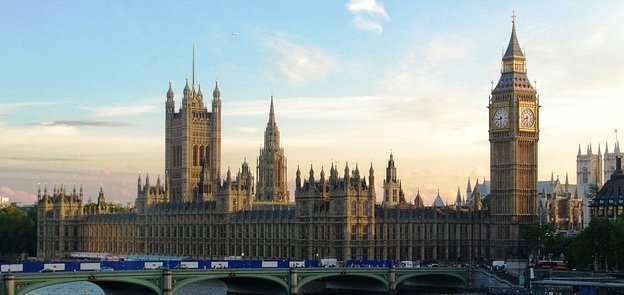
Local government funding confirmed this week will provide a boost to council budgets but there remains uncertainty over resources for the coming years.
The House of Commons voted this week to allocate £49.2bn to local authorities, up £2.9bn and 4.4% on the previous year.
However, with the conclusion of the Fair Funding Review still looming and business rates baselines about to be reset, council finance experts remain concerned about the future.
According to Adrian Jenkins, a funding advisor with Pixel Financial Management, there remain unresolved issues for local government finance.
“The very large increase in funding for local government in 2020-21 will give most authorities some breathing space,” Jenkins said.
“Many are worried about the changes in funding in 2021-22, though. The Fair Funding Review, along with uncertainty about the outcome of the spending review, means that authorities are not sure about what to expect in 2021-22.
“For many districts councils, the uncertainty is even more acute. Many high-growth districts are now very reliant on business rate growth and New Homes Bonus. The baseline reset and the phasing-out of NHB means that a large chunk of their resources could disappear within a couple of years.”
Local government secretary Robert Jenrick said the funding increase this year comes as part of the government’s commitment to “levelling up”.
“That’s why we’re confirming the biggest increase in councils’ spending power for a decade across England, while protecting residents from excessive rises in council tax,” Jenrick said.
Warwick District Council voted on Wednesday to hold a referendum in May on a 34.2% rise in its share of council tax.
The LGA warned that though the extra funding would help, “this is only a one-year settlement.”
In a statement the LGA said: “Councils have faced an unprecedented period of funding and demand pressures that have stretched local services to the limit.
“The Budget and spending review need to provide a funding settlement that allows councils to improve services and not just keep them going.”
The Fair Funding Review was launched in 2016 to remodel the way funds are allocated to local authorities in England. The review’s conclusions are expected to govern funding allocations for 2021-22.
New business rates baselines are also expected to be set this year.
The review has not been without controversy. In January, the LGA published an analysis which indicated that hundreds of millions of pounds in funding for adult social care could be redirected from councils in the North and Midlands.
The LGA’s figures suggested that proposals relating to “younger adults” could deliver funding cuts of 11.58% in the North East, 9.95% for Yorkshire and Humber and a 9.59% reduction on the North West.
In contrast, London could see an aggregate rise of 12.87%, while the South East as whole could benefit by 12.44%.
The LGA was concerned that a new funding formula should be accompanied by extra money.
“No outcome of the review will be sustainable if overall resources are insufficient to maintain services as councils have seen significant reductions in funding and are facing significant cost pressures in the future,” the LGA said.
“The LGA is calling for no local authority to see its funding reduce as a result of the review and a transition mechanism, backed by additional funding, would help deliver this aim.”












